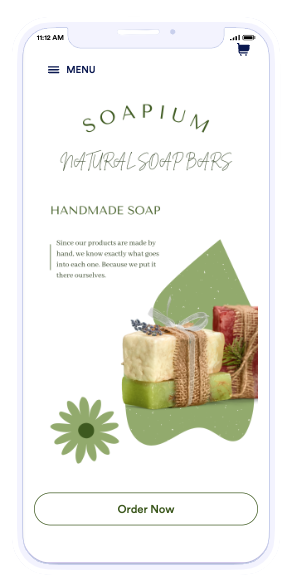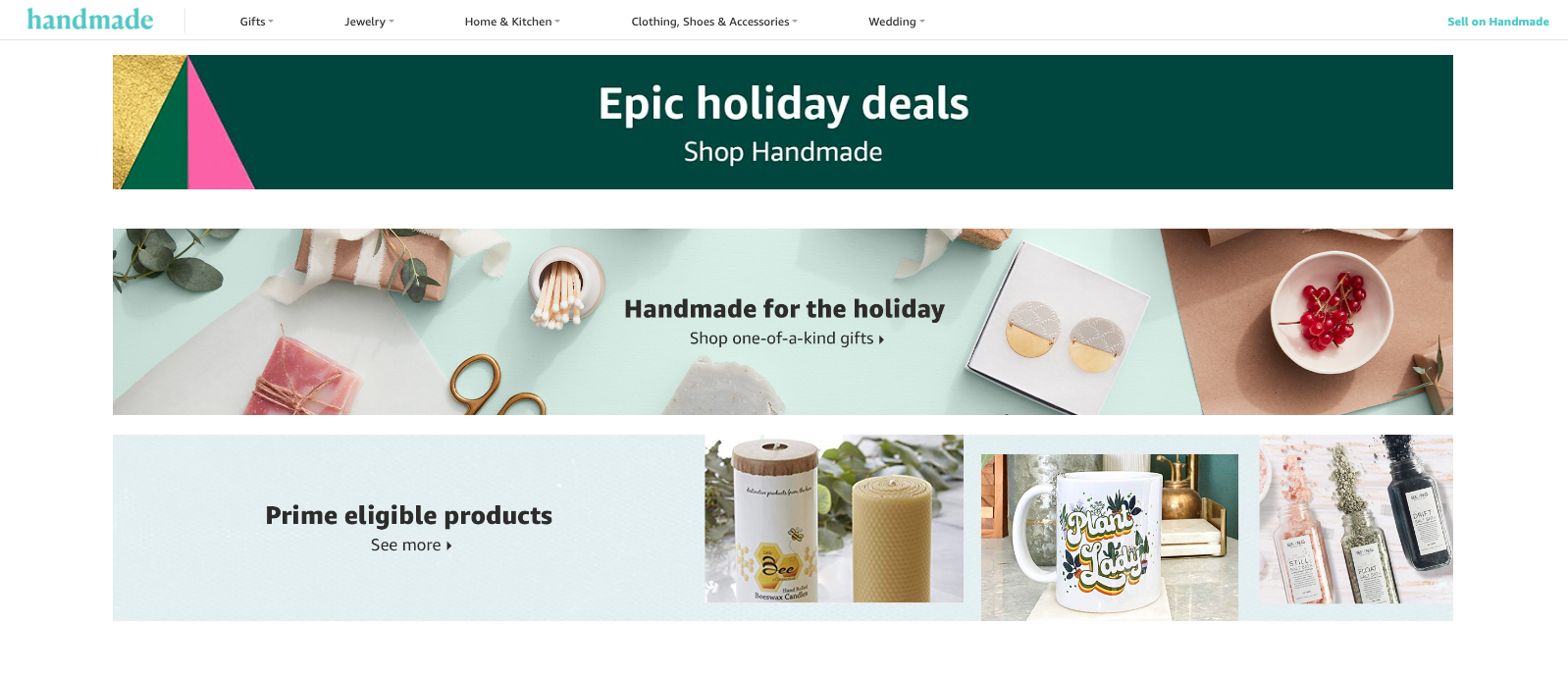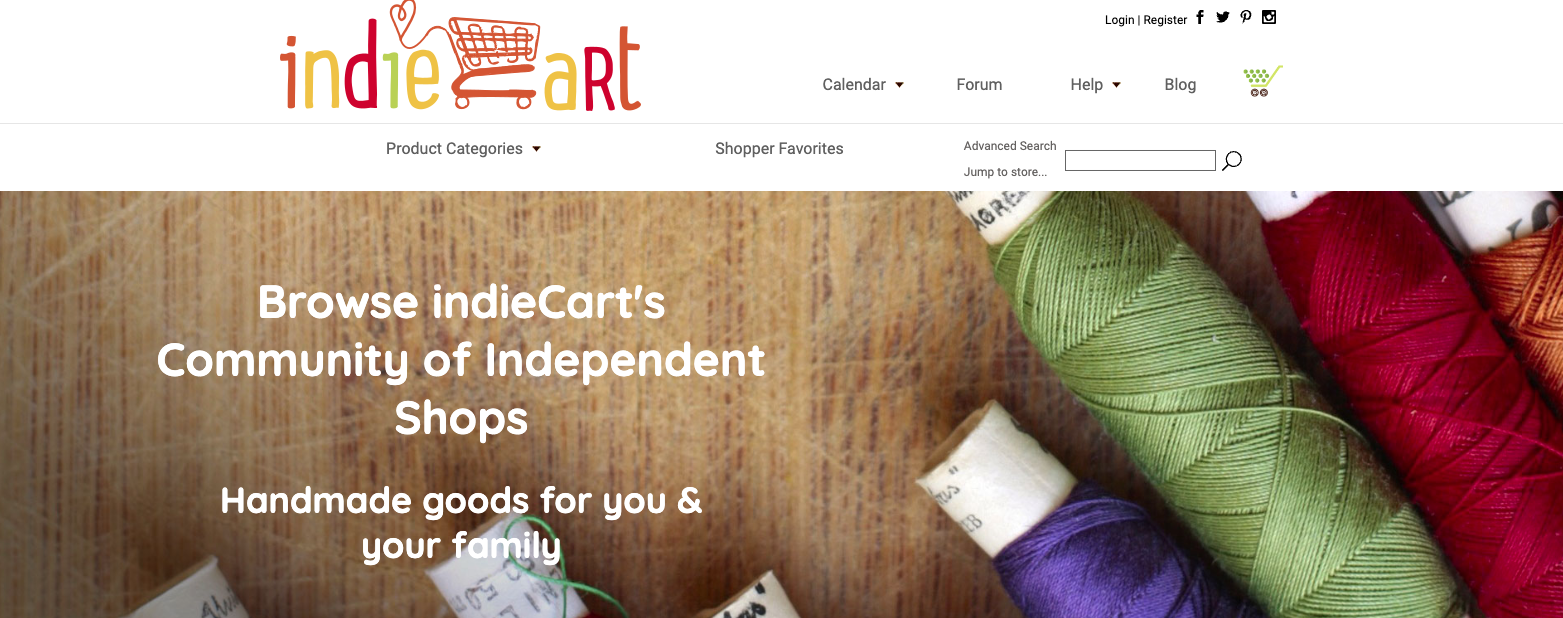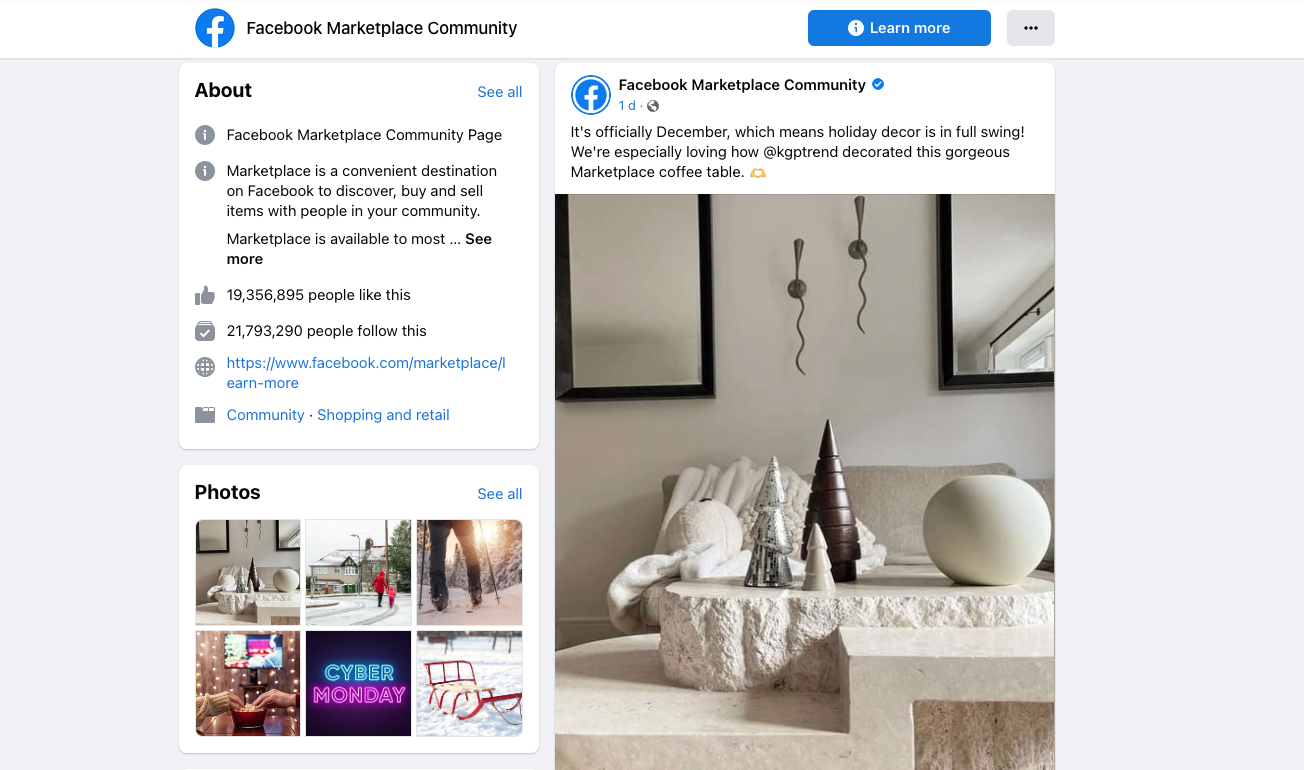Selling handmade items online
If you have a talent for crafting handmade items, turning your skill into a business isn’t always an easy next step. There are a lot of things to consider, such as how to find a reliable site or app to sell your goods and still keep most of your profits.
Luckily, there are a number of options that feature free or low-cost listings for your business, and most of the options have great customization features to help you make your storefront your own.
Here are six great options to consider when figuring out where to sell handmade items.
1. Jotform Store Builder
If you’re looking for an easy, no-code, drag-and-drop option for building an online storefront, Jotform Store Builder has you covered.
Features
- Ready-to-use widgets and templates: Choose from more than 100 online store templates and over 80 widgets to jazz up your store and add unique features to your shopping experience.
- An extensive list of payment gateways: Collect payments via popular platforms like PayPal, Square, Stripe, Venmo, Apple Pay, and Google Pay.
- Secure order management and tracking: Jotform Store Builder works in conjunction with Jotform Tables, so you can keep all your orders organized in one place and access them from anywhere.
Price
- You can get started with Jotform Store Builder for free.
- Jotform charges no additional transaction fees for collecting payments through your online store.
2. Etsy
Etsy is probably the most well-known handmade marketplace on the internet — and for good reason. It’s been helping creators sell their products since 2005 and currently has over 7 million active sellers.
Features
- Shop customization: You can make your Etsy storefront your own by adding banners, featured listings, and more.
- Multiple payment options: Collect your payments via credit, debit, PayPal, Google Pay, Apple Pay, or Etsy Gift Card. Receive payments in your local currency, no matter the location of your buyer.
- Dispute resolution: If you happen to have any issues with a buyer, Etsy offers seller protection if the transaction meets their eligibility requirements.
Price
- There’s a listing fee of $0.20 per item.
- When you sell an item, there’s a 6.5 percent transaction fee and a variable payment processing fee, depending on your country.
- If you’d like to purchase off-site ads, there’s a 12 or 15 percent fee that you only pay if you make a sale.
3. Amazon Handmade
Amazon is, of course, a popular choice when it comes to buying anything — from electronics to groceries and everything between — but its Handmade marketplace is a lesser-known facet of the online retail powerhouse.
Features
- Extensive categories: The definition of “handmade” encompasses a wide variety of items — including less-common handmade goods like sporting goods, pet supplies, and personal care items.
- Global selling: When you sign up for an account, you’re automatically able to sell in the United States, Canada, and Mexico. In addition, you can register to sell in Europe on Amazon.co.uk, Amazon.de, Amazon.fr, Amazon.it, and Amazon.es.
- Amazon Brand Registry: Some sellers may be eligible to enroll their brand in the company’s registry to give their IP some extra protection.
Price
- To start, you’ll need a Professional selling account with Amazon, which will cost you $39.99 per month. If your application to be a Handmade seller is approved, they’ll waive the fee.
- Handmade deducts a 15 percent on each sale you make.
4. indieCart
If you’re looking for a site that’s a bit less mainstream than the major online retailers, indieCart offers an affordable option with no extra fees.
Features
- Multiple selling options: Sell your items via several methods: auction, buy now, standard, and drawings (all shoppers get a chance to win a high-demand item).
- Customized listings: Use built-in customizable templates or take a spin at designing it yourself with editable HTML and CSS.
- Unlimited listings, categories, and coupon codes
Price
- An indieCart store will cost you $7.50 per month.
- indieCart doesn’t charge any listing or final value fees; plus, you can take a break without having to pay during your time away from the store.
5. Facebook Marketplace
You may have used Facebook Marketplace to shop for a used dresser or coffee table. You can just as easily list your handmade items for purchase either locally or nationwide.
Features
- Easy setup: If you already have a Facebook account, you can add your items directly to your marketplace from there. It’s quick and requires no additional sign-up.
- Local customers: Since Facebook Marketplace advertises your items to your neighbors, it’s a great way to get locals to notice your business.
- Option to expand: If you do want to open up sales to buyers outside your area, you have the option to ship your items to non-local Facebook profiles too.
Price
- If you’re selling your items locally, there’s no fee. However, if you need to ship your item, you’ll pay a 5 percent fee on the sale price (or a flat fee of $0.40 on anything $8 and under).
6. Shopify
Shopify is somewhat pricey for sellers who are just starting out, but the extensive features could be attractive if you’re ready to invest in your storefront.
Features
- Built-in marketing: Follow SEO best practices by editing your headers, meta descriptions, and titles. Plus, integrate your site with your social media accounts and engage your customers with product reviews.
- Discounted shipping: The platform offers shipping discounts (up to 88 percent) when you use USPS, UPS, or DHL through Shopify.
- Full access to site code: Shopify allows you to access the HTML and CSS of your site, so you can take customization into your own hands if you choose.
Price
- Shopify offers a free three-day trial with no credit card required. After that, you can choose from four plans:
- Basic: $29 per month with a 2.9 percent + $0.30 online credit card rate
- Shopify: $79 per month with a 2.7 percent + $0.30 online credit card rate
- Advanced: $299 per month with a 2.5 percent + $0.30 online credit card rate
- Plus: Starting from $2,300 per month on a 3-year term with competitive rates for high-volume merchants
- There’s a third-party transaction fee if you choose not to use Shopify Payments for your sales.





























































Send Comment: